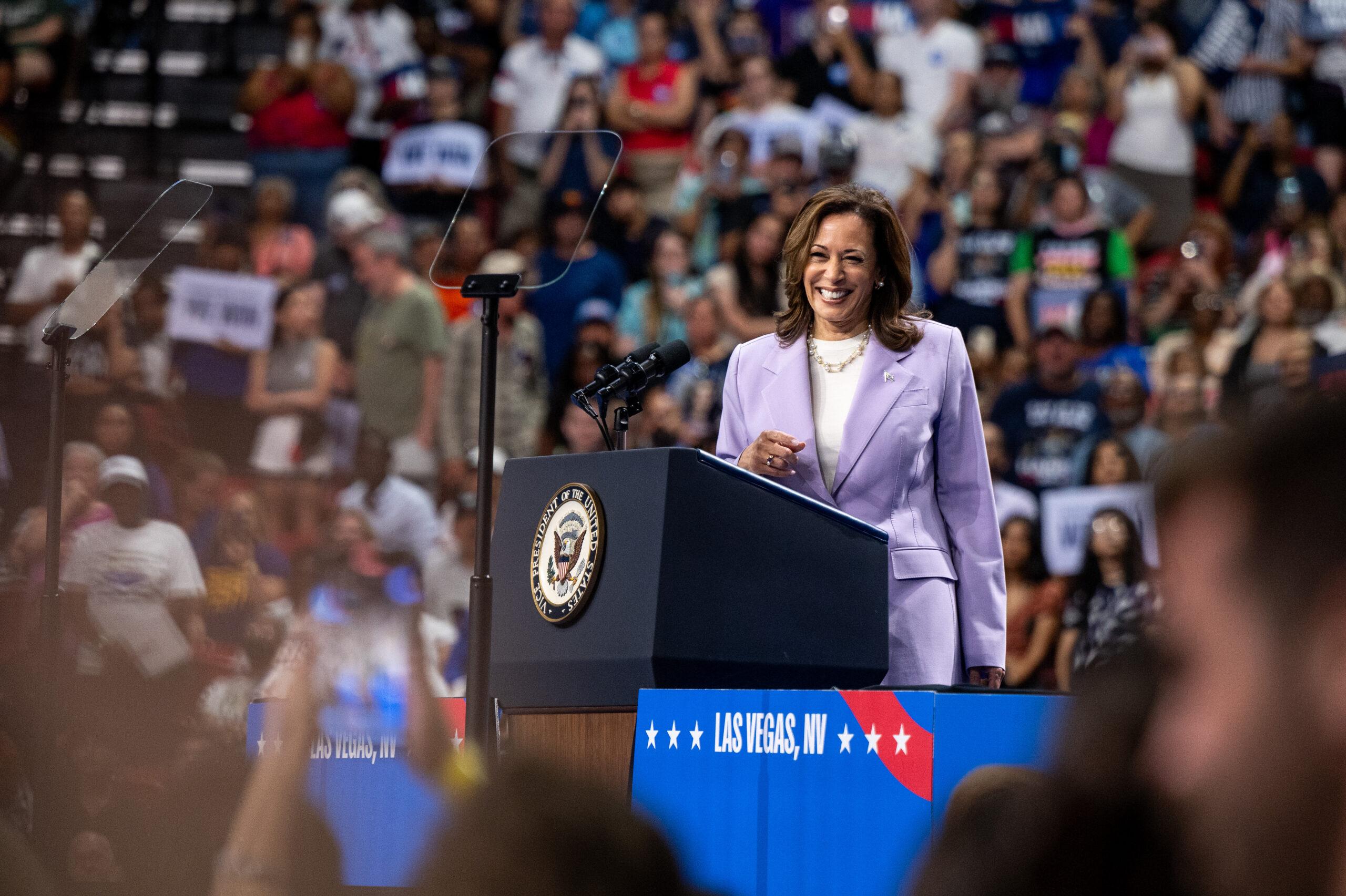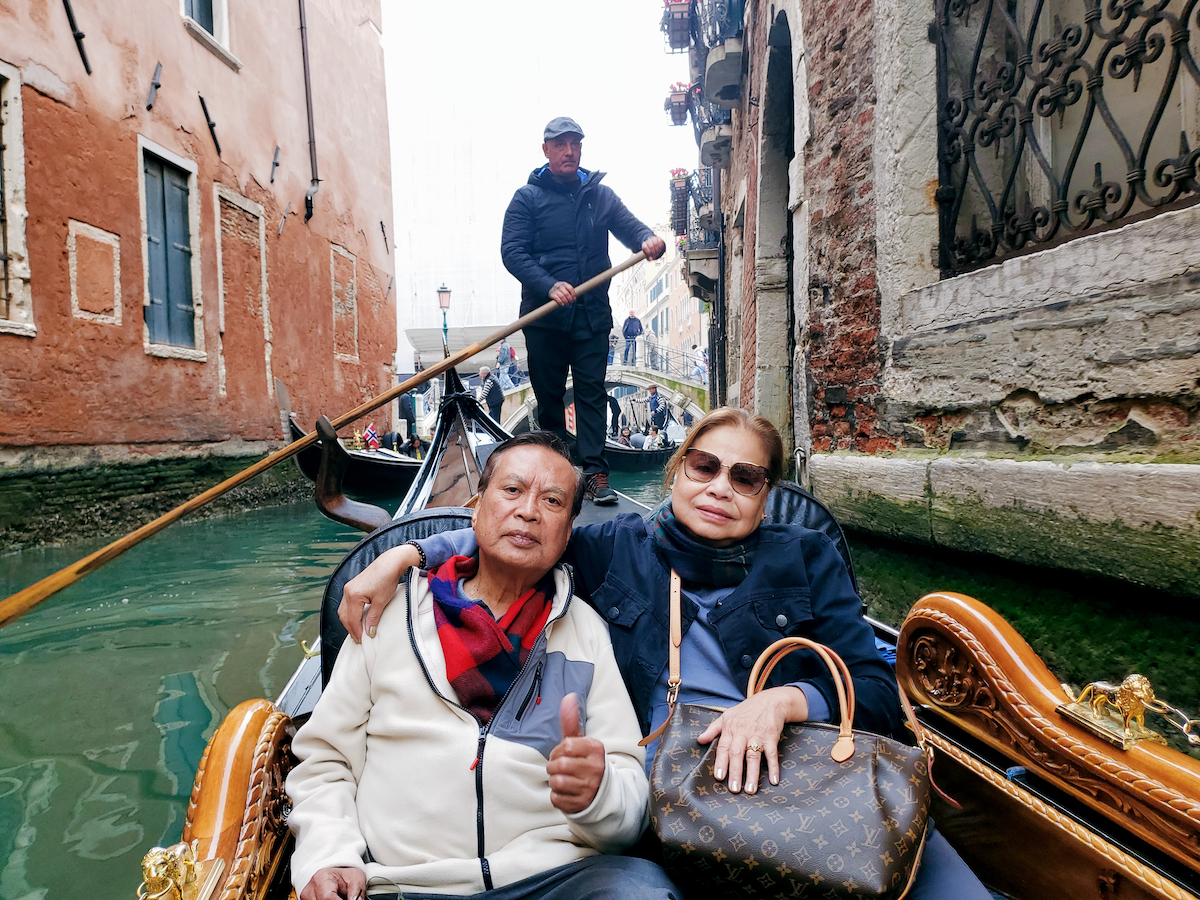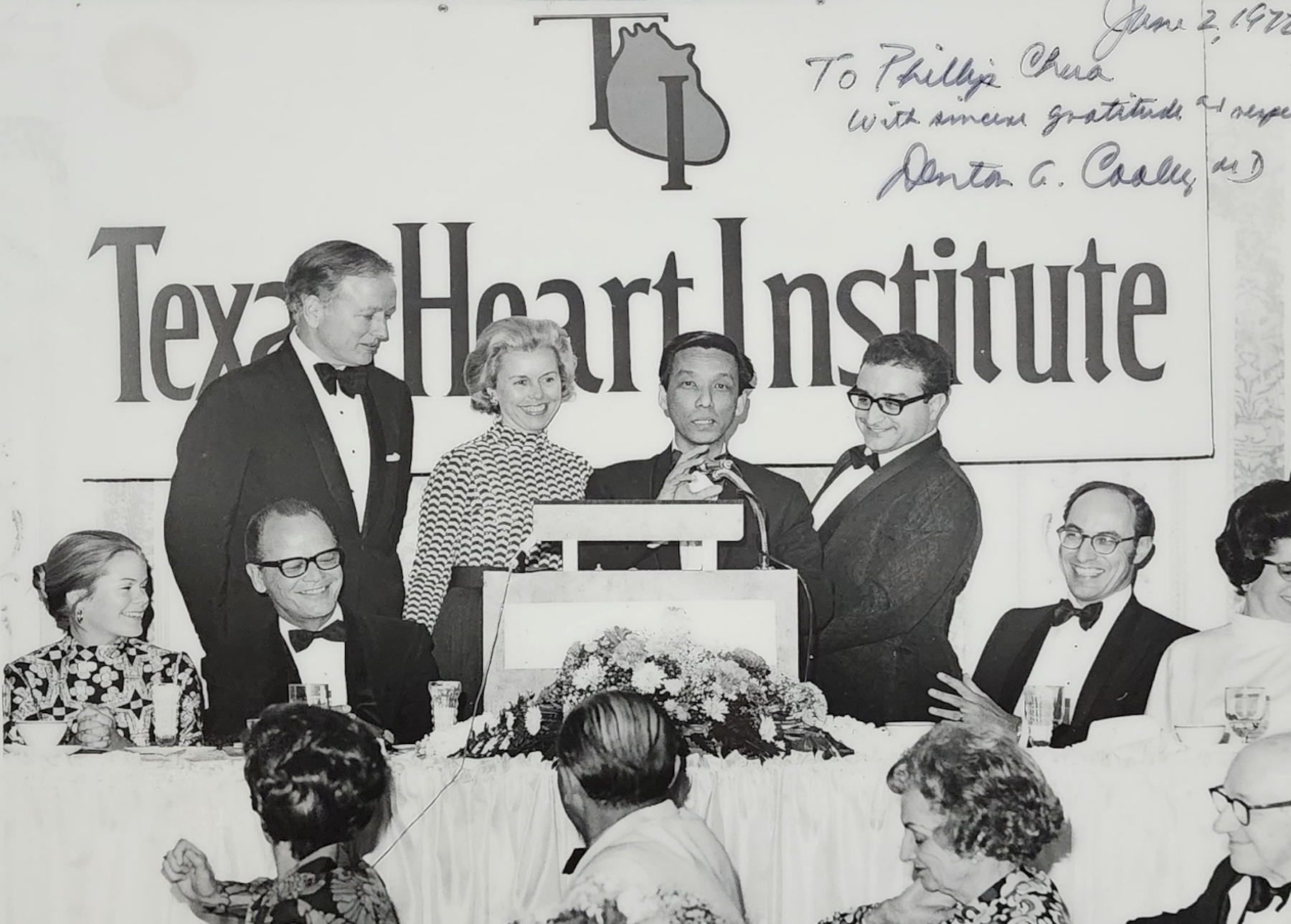“JOURNALISTS are NOT the story. We tell the story. We merely chronicle our country’s comings and goings in the best way we can. This is how we serve the country.” – Marites Dañguilan-Vitug
In a report from Rappler.com, The Philippine Center for Investigative Journalism (PCIJ) has opposed the request of Chief Justice Renato Corona’s defense team to summon journalists as witnesses to the impeachment court, saying that Corona’s argument, “everybody does it anyway” is unacceptable.
On March 21, Malou Mangahas, Karol Anne Ilagan and Ed Lingao of PCIJ filed their opposition (through their legal counsels), stating their disagreement with Corona’s reasoning “that omissions in his Statement of Assets, Liabilities and Net Worth (SALN) were made in good faith because inaccuracies in the form are rampant among government officials,” reported Rappler.com.
“In this instant case, … only Respondent’s actions and state of mind are material to his guilt. The fact that there may have been others who benefited from their improper conduct would do nothing to excuse the Respondent,” it stated.
PCIJ has asked the members of the impeachment court to disallow the defense panel from issuing subpoenas to journalists like them, emphasizing that “their testimony will be irrelevant.”
The defense panel’s rationale for requesting the subpoena is because of some reports and investigations that were conducted by PCIJ in the past, which showed that some members of the cabinet and the prosecution team did not scrupulously disclose their SALNs.
The defense alleges that errors in SALNs were “a prevailing, institutional practice.”
PCIJ said that even though Corona’s bandwagon argument is relevant, it is still inconclusive since their previous investigations are not sufficient to generalize “that all government officials were remiss in filing their SALNs.”
“It is doubtful whether a cursory examination of only 1,500 SALNs over 14 years is sufficient to establish that ‘Everybody Does it’ among the estimated 1.3 million personnel currently in government,” said PCIJ.
Presiding senator-judge Juan Ponce Enrile agrees, saying that “the issue is irrelevant because it is Corona who is on trial.”
PCIJ recommends that the defense “conduct their own investigation and analysis by going to official custodians, requesting for SALNs and paying the fees,” said Rappler.com.
“The Respondent, or any other party for that matter, should not be allowed to free ride on the efforts, work, and journalistic portfolio of the PCIJ, and in so doing, make it that party’s private investigator, especially when such can be avoided through a little foresight and some hard work,” PCIJ stated, adding that its journalists “are not official custodians of the SALNs and cannot authenticate them.”
PCIJ’s opposition stems from its “need to protect its reputation and the credibility of the media as a whole,” adding that their organization is known for its “probity and independence” — qualities that have made them a multi-awarded media team.
“Considering the highly political circumstances that attend impeachment cases such as this one, and the adversarial nature of the proceedings, there is reasonable expectation of exposing the PCIJ and the Oppositors to unfounded conclusions of partisanship if presented as a witness by either party.”
“The possibility of reputational damage not only affects the PCIJ and the Oppositors in their private capacities, but also the press as a whole to which the PCIJ belongs,” PCIJ further stated.
While there have been instances during the impeachment trial where journalists have been summoned to the witness stand (ABS-CBN cameramen Edmond Losalla and Danny Piedad, and ABS-CBN librarian Rochelle Mendez were asked by the prosecution to testify in court to authenticate the footage of Supreme Court Spokesman Midas Marquez during a press conference and former President Gloria Macapagal-Arroyo’s attempted flight), the media’s role, as third-person, non-partisan messengers of the news, should still be given due respect.
It is bad enough that the Philippines has already been regarded as one of the most unsafe places for journalists.
Yet despite the dangers, media plays a big role in the grand scheme of things, even at the price of giving up certain freedoms (even basic human rights), just to be able to deliver the news.
The shooting of Malacañang correspondent and Daily Tribune reporter Fernan Jose Angeles just a week ago is an outrightly condemnable crime, no questions asked.
While we continue to tolerate the slow movement of justice, when it comes to extrajudicial killings and media violence cases, we come across instances like these — where journalists are being coerced to testify at an impeachment court, nonetheless, for baseless and illogical reasons.
There, lies the irony.
(www.asianjournal.com)
(LA Weekend March 24-27, 2012 Sec A pg. 12)
- An all Asian American Cerritos City Council
- My grandparents returned a huge amount of money to Amb. Babe Romualdez’s grandparents during the war
- CITY OF CARSON CELEBRATES KEY ROLE IN HOSTING THE 2028 OLYMPIC AND PARALYMPIC GAMES WITH HISTORIC VENUE UPDATES AND MAJOR SPORTS RELOCATION
- Filipino Food Month: Celebrating Culture, Identity, and Global Flavor in April
Back To Top




